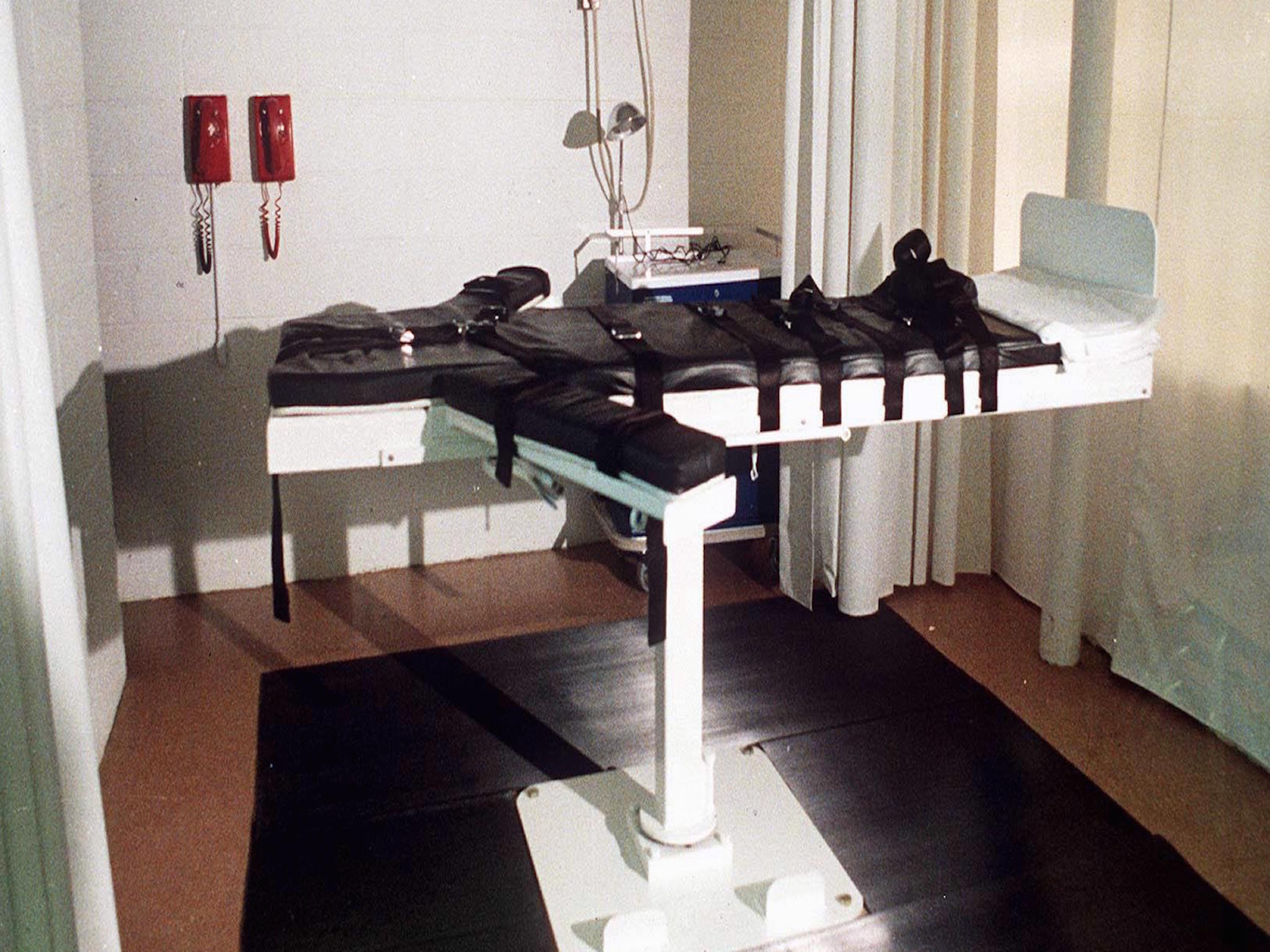Nebraska could become first conservative state in 40 years to abolish the death penalty
Democrats and Republicans agree, but for different reasons

Your support helps us to tell the story
From reproductive rights to climate change to Big Tech, The Independent is on the ground when the story is developing. Whether it's investigating the financials of Elon Musk's pro-Trump PAC or producing our latest documentary, 'The A Word', which shines a light on the American women fighting for reproductive rights, we know how important it is to parse out the facts from the messaging.
At such a critical moment in US history, we need reporters on the ground. Your donation allows us to keep sending journalists to speak to both sides of the story.
The Independent is trusted by Americans across the entire political spectrum. And unlike many other quality news outlets, we choose not to lock Americans out of our reporting and analysis with paywalls. We believe quality journalism should be available to everyone, paid for by those who can afford it.
Your support makes all the difference.In the very heartland of the US, something startling is taking place.
A coalition of Republicans and Democrats is coming together, united in the belief that the death penalty needs to be scrapped. There are a number of challenges to overcome, but if the politicians have their way, Nebraska could become the first conservative state to abolish executions in four decades.
Reports suggest the two factions that have combined at the state legislature in the city of Lincoln, have come to their beliefs for different reasons; Democrats believe the death penalty is unfair and is overly used against minorities, while Republicans say it has become an inefficient government programme, bound up with red tape.
"Everybody has got their own reasons for doing this," Republican Senator Colby Coach told The Independent. "We are not there yet. I am optimistic but I am also cautious."

“I don’t think it’s that there is more sympathy for the people on death row. It’s about efficiency,” said Stacy Andersen of Nebraskans for Alternatives to the Death Penalty, a campaign group.
As it is, the death penalty operation in Nebraska has effectively ground to a halt. There are currently 11 prisoners sitting on death row but the last prisoner was put to death in 1997.
In 2008, the state’s highest court outlawed the electric chair. The Associated Press said that after Nebraska switched to lethal injections, the process of appeals meant the supply of sodium thiopental - used as part of the cocktail of drugs - expired and officials could not restock its reserve.
In March, members of Nebraska’s unique unicameral chamber voted 30-13 to repeal the death penalty, but they must secure two further votes. Even then, Republican Governor Pete Ricketts has promised a veto. The elected members would then have to rally to overturn the veto.

The last conservative state to abolish the death penalty was North Dakota in 1973. In the past six years, four more liberal states have ended capital punishment: New Mexico in 2009, Illinois in 2011, Connecticut in 2012 and Maryland in 2013. Thirty-two states still have death penalty laws on their books.
Robert Dunham, Executive Director of the Death Penalty Information Centre in Washington, said he believed the moves taking place in Nebraksa reflected a general change in the country.
“Over the past 20 years there has been a shift from 80 per cent support to the death penalty to a recent survey that found just 56 per cent,” he said. He said the shift in attitude was most obvious among younger people and minorities.
Yet he said attitudes among conservatives had also clearly moved. “For conservatives, it’s less about morality but rather a public policy issue,” he said.
Join our commenting forum
Join thought-provoking conversations, follow other Independent readers and see their replies
Comments